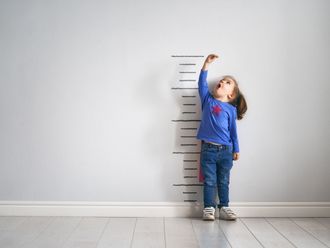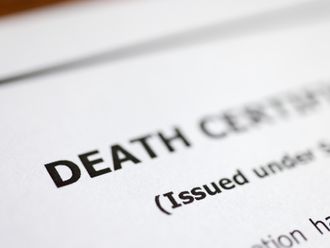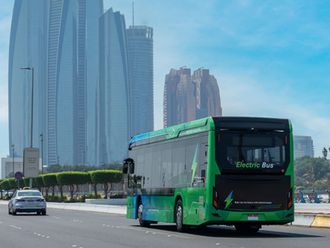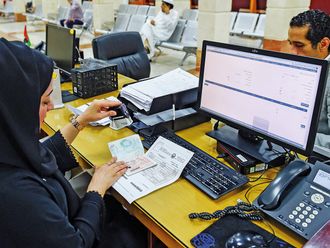Ras Al Khaimah: Increased awareness on diabetes among patients has contributed to the higher demand for insulin — a type of hormone used to control the blood sugar of people with diabetes — and UAE pharmaceutical company Julphar said it was working hard to meet the demand in the market.
The Ras Al Khaimah-based pharma company launched its Dh500 million plant in its headquarters to manufacture and commercialise products for diabetes care. Total capacity at the new plant is 1,500 kilograms of insulin or up to 40 million vials per year. Julphar, also known as Gulf Pharmaceutical Industries, is the only insulin-producing plant in the region.
Joseph Saldanha, general manager of Julphar Diabetes, told Gulf News an increase in demand for insulin in the country has been noted since they launched the product in September last year.
“There is a very, very strong demand for insulin in the UAE. This is because of two things — more and more people are getting screened for diabetes now and they have become much more accepting of the fact that insulin is a life-saving drug,” Saldanha said, without giving exact figures.
The UAE is ranked 11th worldwide with the highest prevalence of diabetes, where one in five of the UAE population was living with diabetes in 2012, according to the International Diabetes Federation (IDF).
Julphar started local production of insulin eight years ago using insulin crystals imported from Europe. Julphar has been able to produce the raw materials to manufacture the crystals locally, making the production faster and more cost-efficient.
The UAE is the largest market for Julphar’s insulin products but a huge chunk of its production gets shipped to the GCC as well.
Saldanha said it will take roughly three to five years to reach full capacity at the insulin plant. But they are already looking into supplying insulin to markets in the developing world where access to affordable insulin is limited based on a study by the International Insulin Foundation.
Saldanha said Julphar is looking at supplying insulin crystals in markets where there’s a shortage of the product including Egypt, Ukraine, and India. It also hopes to penetrate markets in resource-limited countries such as Pakistan, Bangladesh, Vietnam, Indonesia, and Tunisia.
Selling the crystals to these markets and letting local companies manufacture the insulin themselves cuts down costs on shipping and reduces waiting time for the product.
Meanwhile, Dr Ayman Sahli, CEO of Julphar, said Julphar will be introducing new products for chronic diseases over the next 10 years.
“There will be new products adding to these therapeutic areas because this is an area that Julphar works on. But there are now so many new products, new innovation, new medications, new protocol of treatment in these therapeutic areas. Julphar will continue to beef up the production line,” Dr Sahli said.
Julphar currently has 800 products which target major therapeutic segments including endocrinology, anti-infective, cardiovascular and gastroenterology, nephrology, dermatology, respiratory, metabolic, and burn and wound management.












